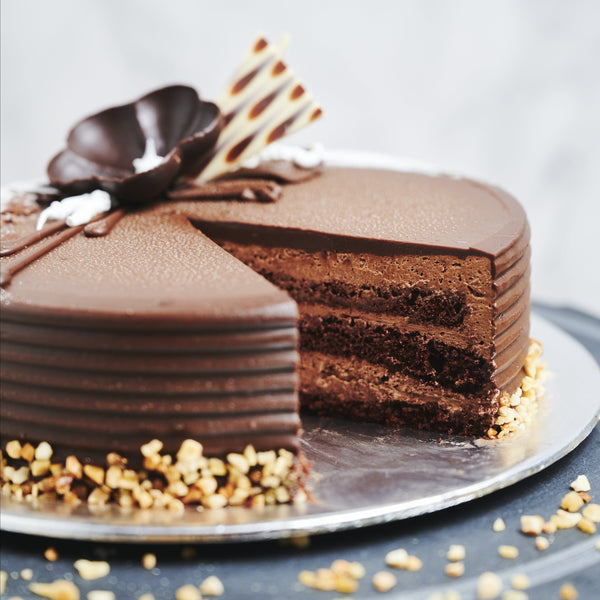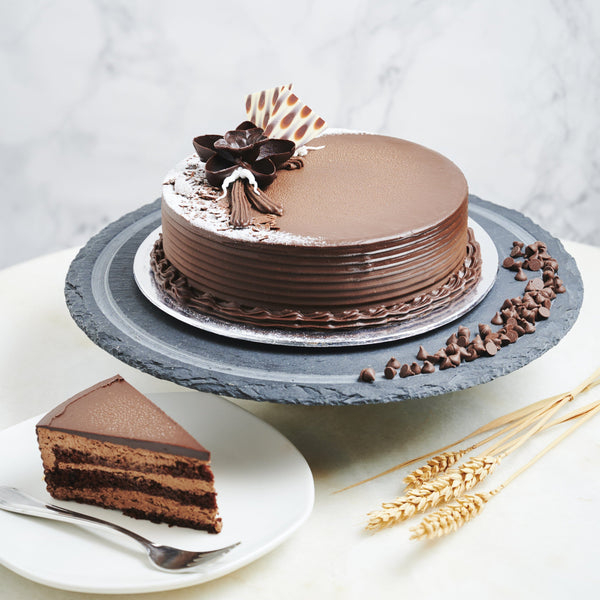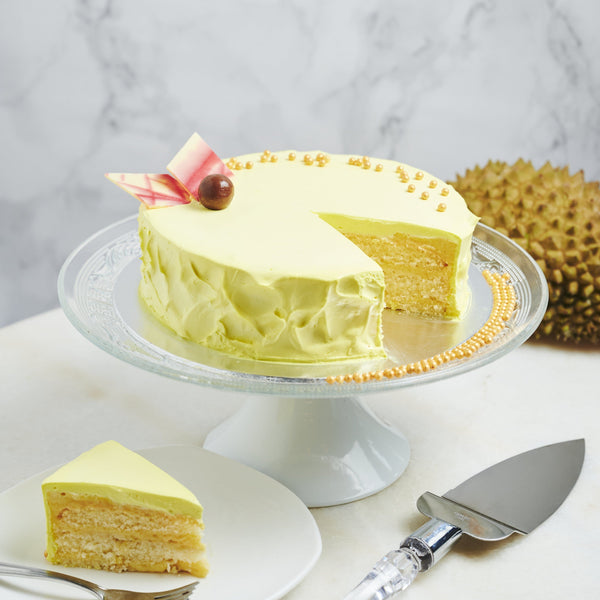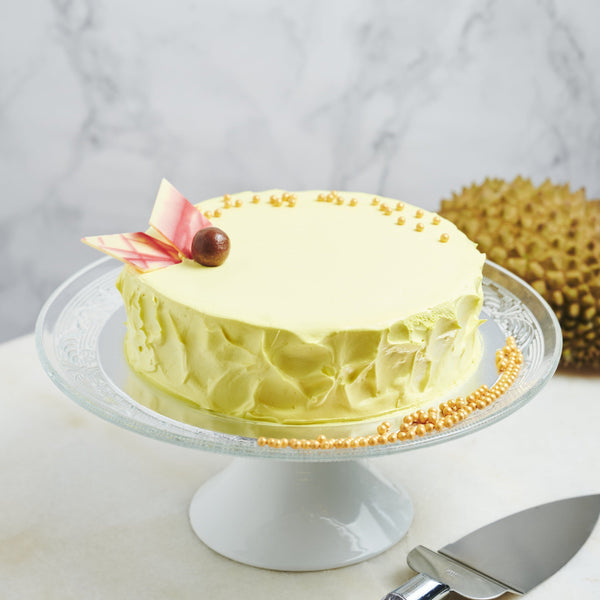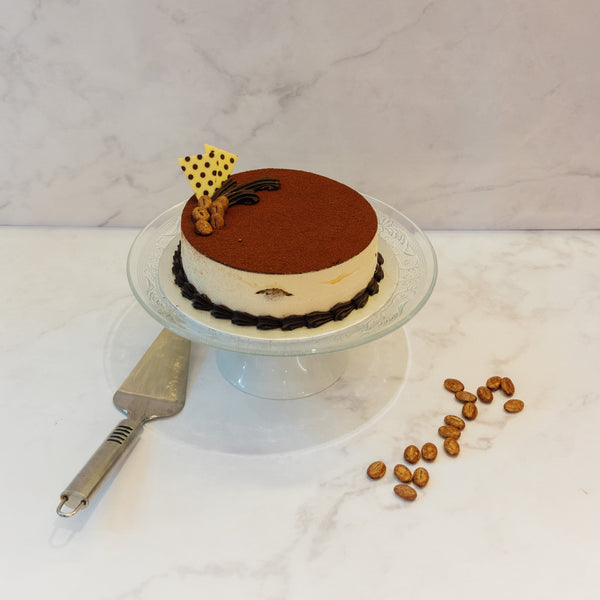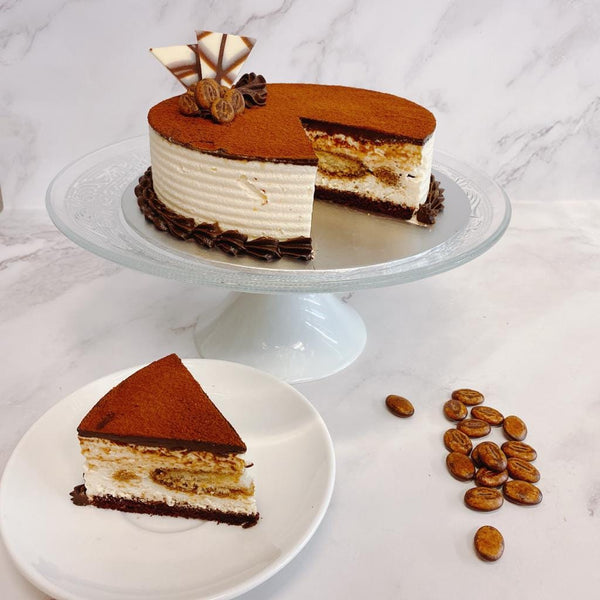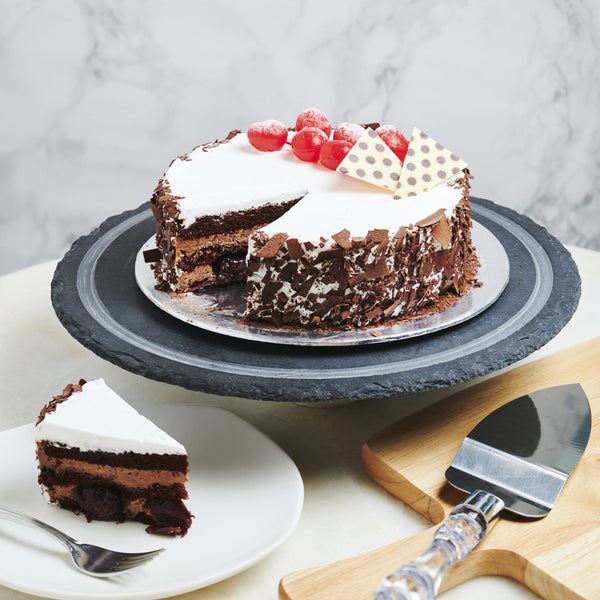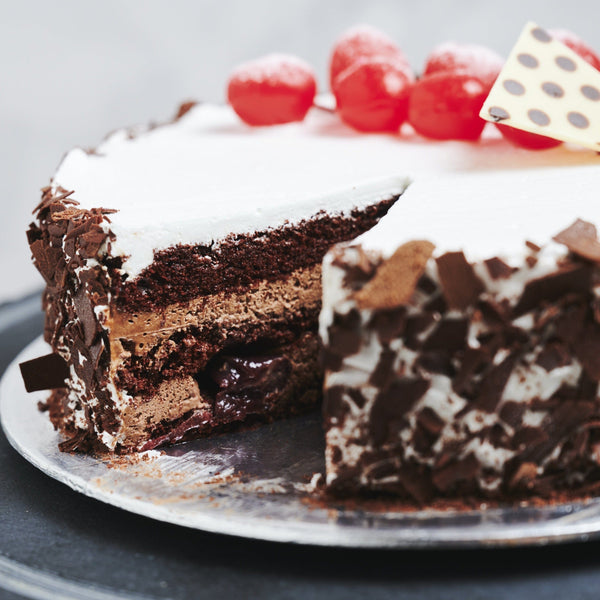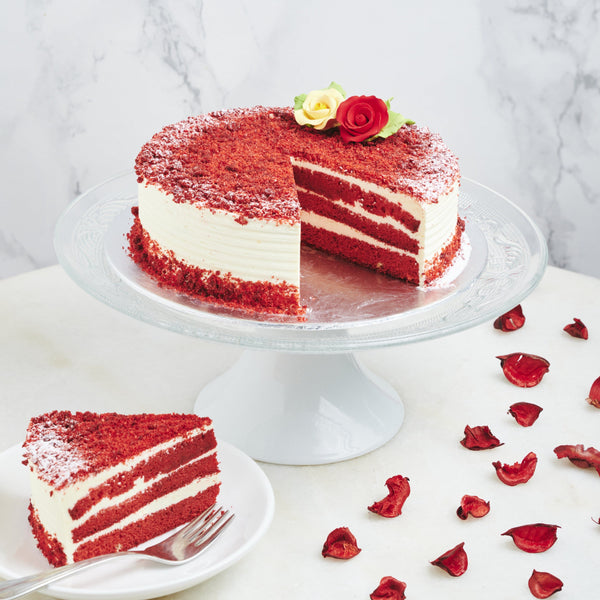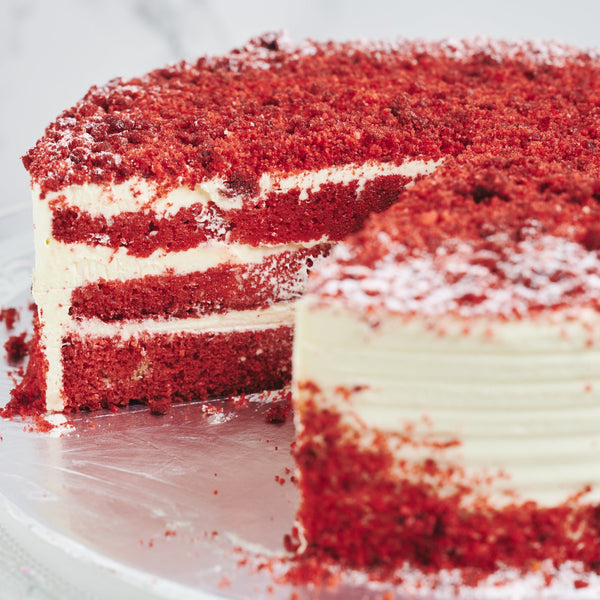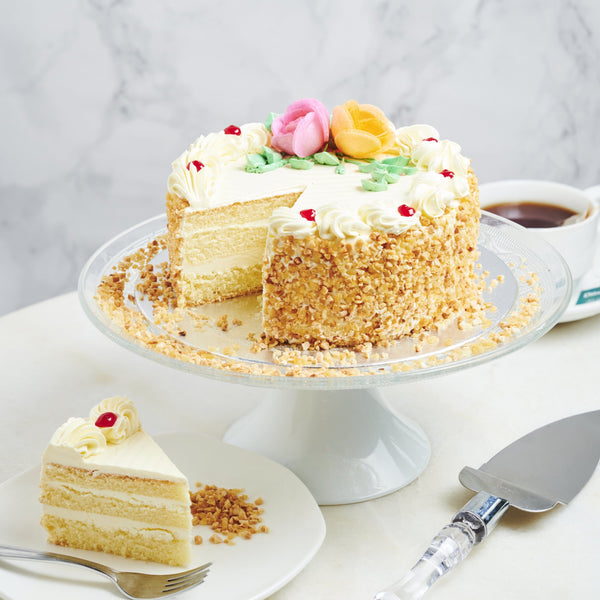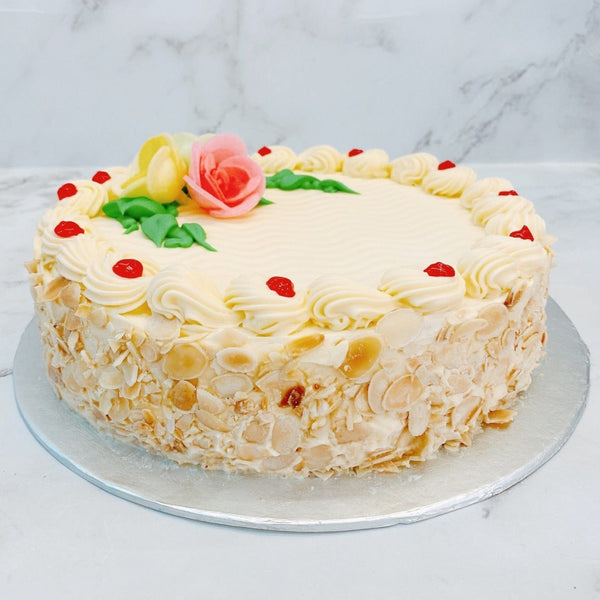Your cart is currently empty.
The History of Cake
Cake—it's the centerpiece of our celebrations, the comfort food we crave, and a universal symbol of indulgence. But have you ever paused to think about where this delightful dessert originated? The history of cake is as rich and layered as the cakes we enjoy today, and it’s a story worth savoring.
The word “cake” is of Viking origin, derived from the Norse word “kaka”. The Egyptians were the first culture to exhibit their baking skills, and during these times - the cakes were more bread-looking, and were sweetened with honey.

A Slice of History
The journey of cake dates back thousands of years, to ancient civilizations where cakes were much different from the sweet confections we know today. Early cakes were often made from simple ingredients like grains and honey, serving more as a hearty bread than the fluffy desserts we recognize. Yet, even in their earliest forms, cakes were symbols of celebration and community.
The Evolution of Cake
As cultures evolved, so did cake. The introduction of sugar in Europe during the Middle Ages transformed cakes into the sweet, delicate treats we associate with special occasions. By the 17th century, cakes began to resemble the spongy, frosted versions we cherish today, thanks to advancements in baking techniques and ingredients.


Cakes Across Cultures
What’s particularly fascinating is how different cultures have adapted the concept of cake, adding their own unique flavors and traditions. From the rich fruitcakes of Britain to the delicate sponge cakes of Japan, the evolution of cake is a testament to human creativity and our enduring love for sweetness.
Modern-Day Delights
Today, cake is more than just a dessert; it’s an art form. From towering wedding cakes to whimsical cupcakes, the modern cake is a canvas for bakers to express their creativity. Yet, no matter how elaborate or simple, every cake carries a slice of history.


